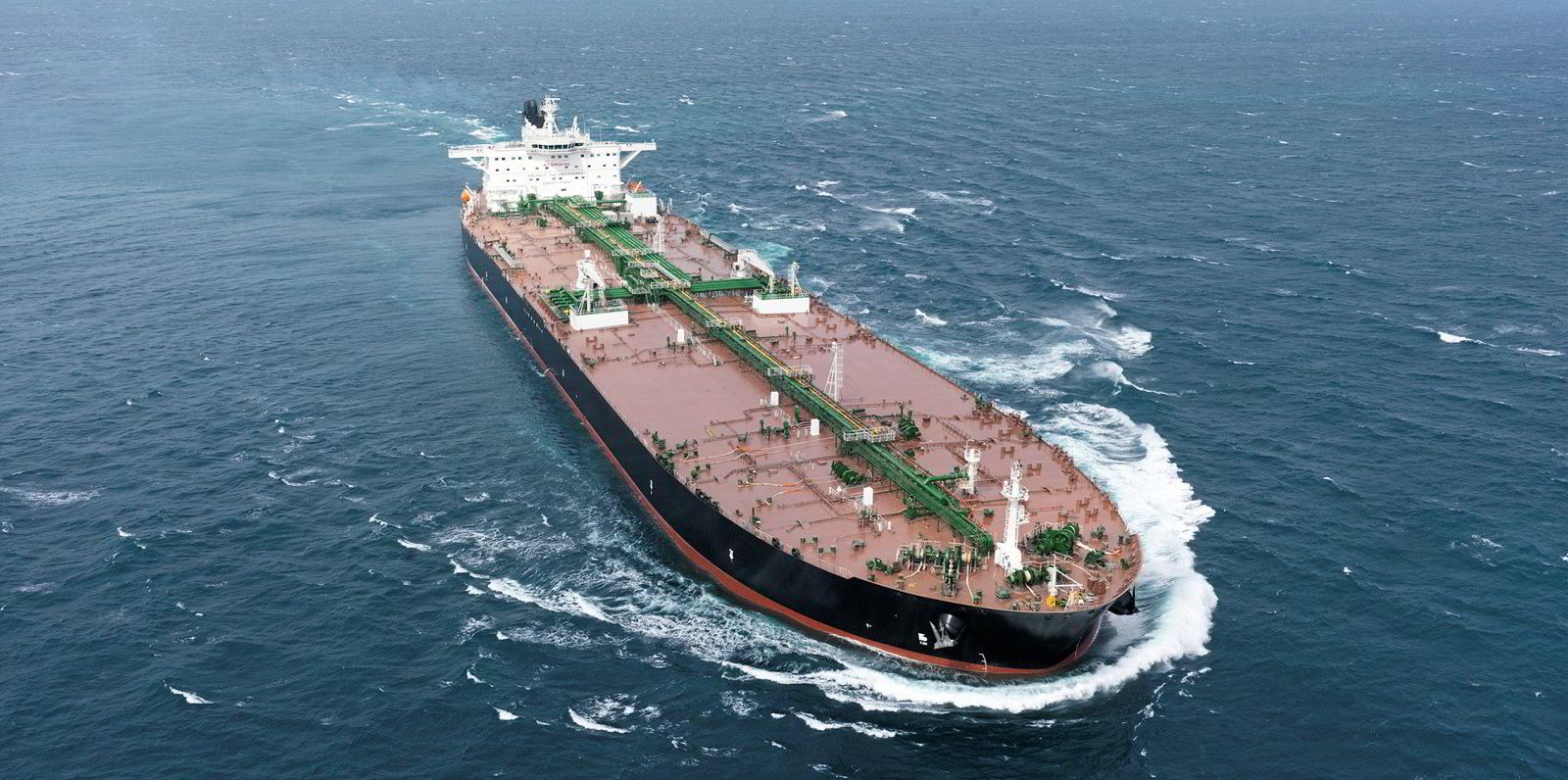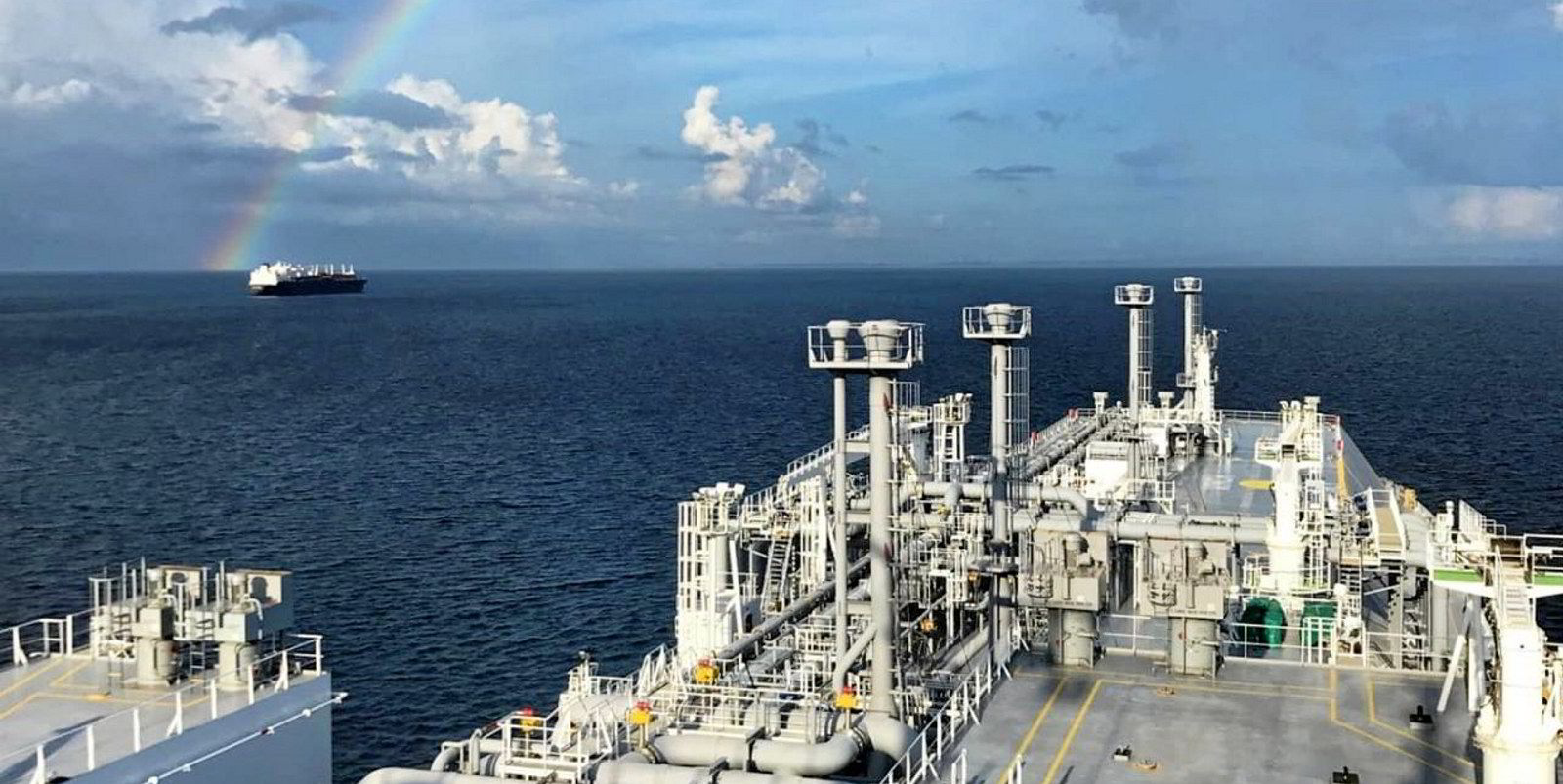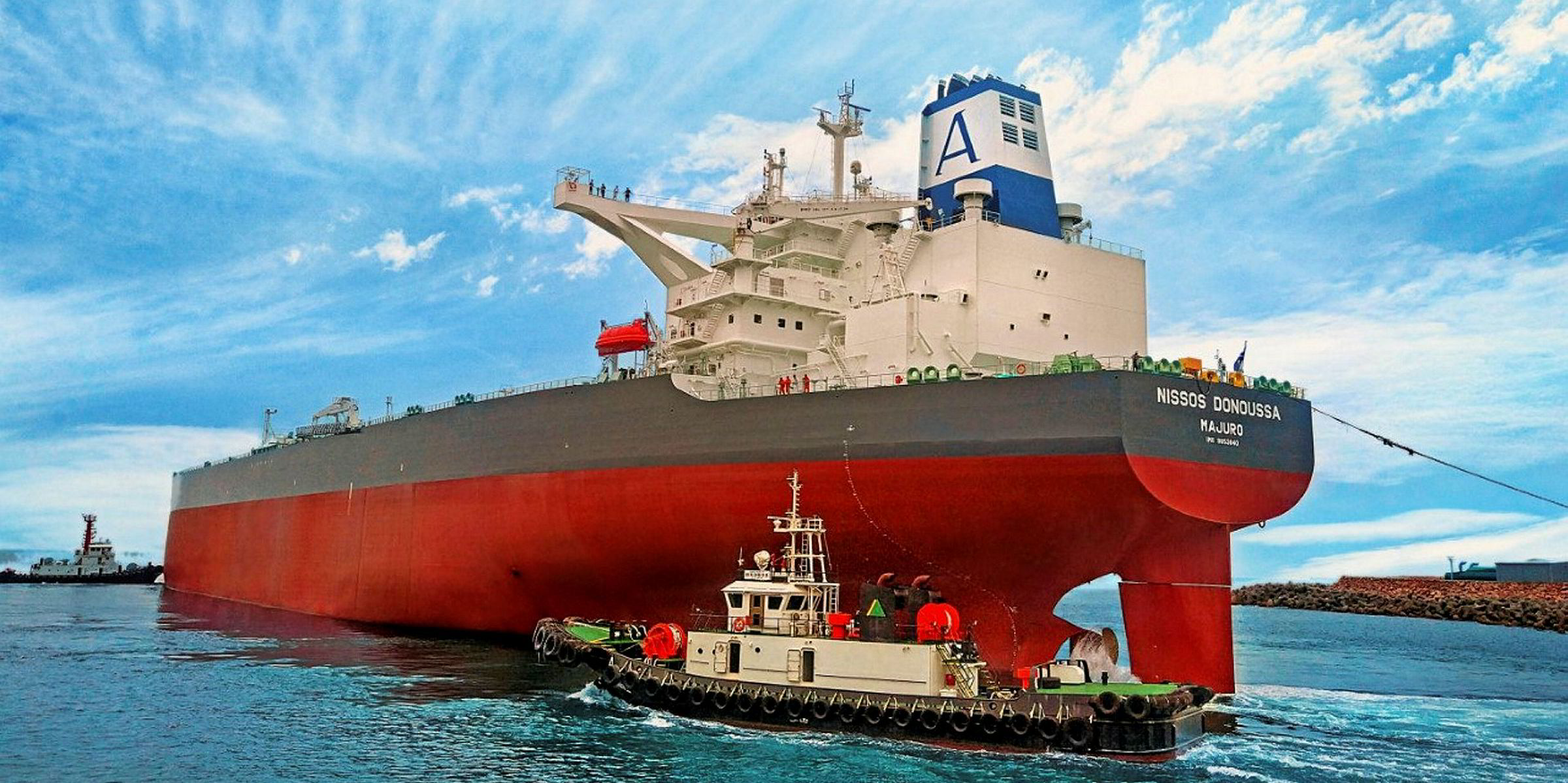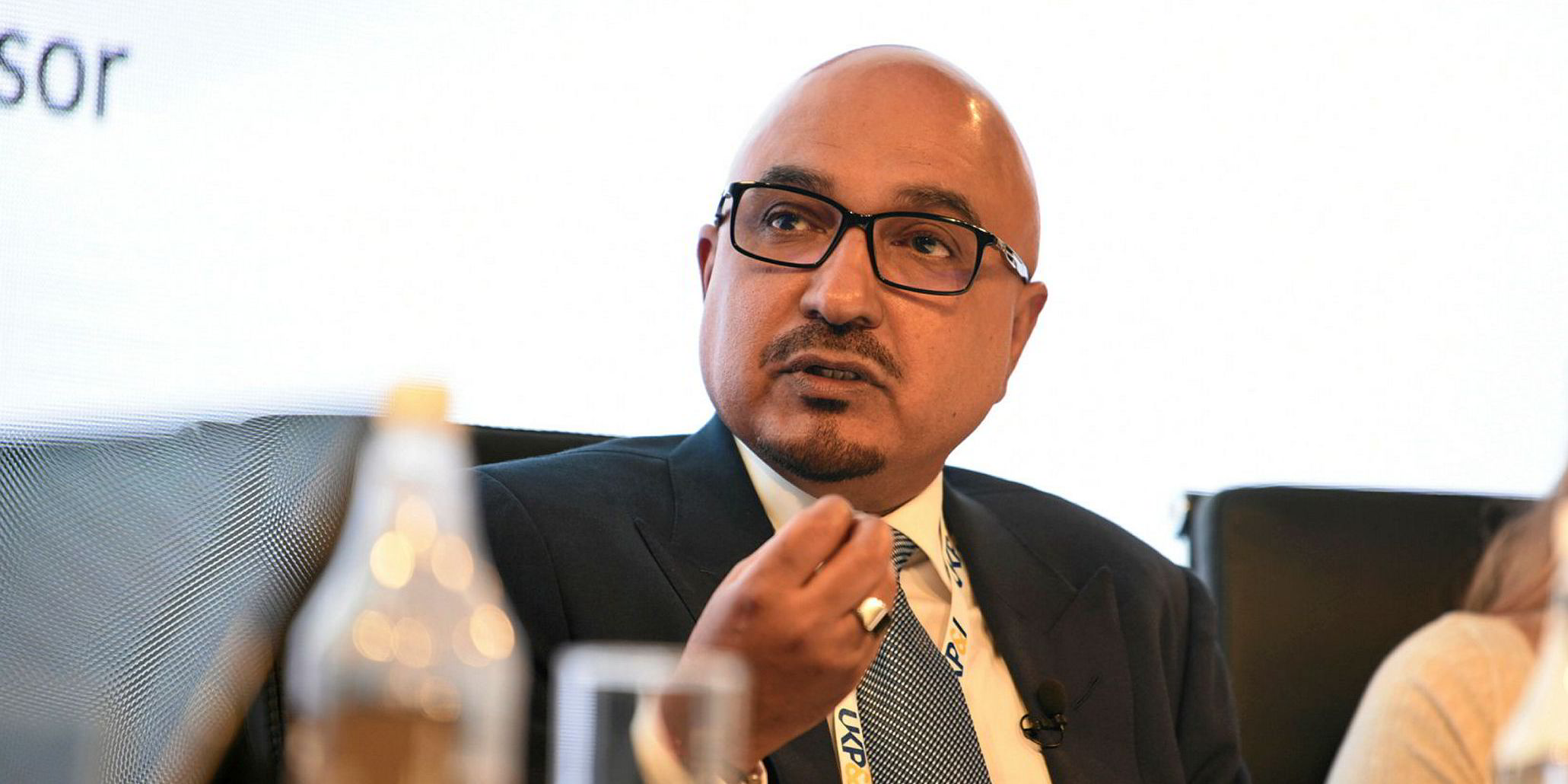The number of reported spot fixtures of dirty tankers was nearly 16% lower last year than 2009’s level, according to Poten & Partners.
Data from the US-based brokerage showed 8,101 fixtures of tankers carrying 1.17m tonnes of crude or fuel oil in 2020, compared with 9,597 fixtures for 1.36m tonnes in the previous year.
“For many people, it will be a relief to put 2020 in the rear-view mirror,” Poten commented in its latest weekly note. “It was a year like no other, with many extraordinary events, some highs, but mostly lows.”
With a collapse in oil demand due to the coronavirus pandemic, shipping demand was pressured throughout last year amid lacklustre trade.
Total seaborne trade volume amounted to just 1.88bn tonnes last year, a five-year low and down from 2.01bn tonnes in 2019, figures from Clarksons Research revealed.
Many vessels were also booked on period rather than spot charters for floating storage use due to severe oil oversupply, partly due to an oil price war among Opec+ members.
Unipec dominance
Poten recorded a total of 2,266 reported VLCC spot fixtures for 2020, down 7% from 2019.
Unipec, the trading arm of Chinese state energy giant Sinopec, reportedly fixed 966 vessels last year and continued to be the largest VLCC charterer. This compared with 1,058 fixtures in 2019.
“It remains lonely at the top of the VLCC segment. In 2020, Unipec did more spot fixtures that the next twelve largest VLCC charterers combined,” Poten said.
Among other major players, Brazil’s Brazil Petrobras moved up from being the fifth largest charterer to the third. Norway’s Equinor moved into the top ten from 14th place in 2019.
Both countries saw higher crude production last year.
Another new entry of the top 10 was Saudi state-controlled carrier Bahri, which had a chartering spree in March and April during the price war, Poten said.
Fewer suezmax and aframax fixtures
The total number of reported suezmax fixtures in spot trade fell to 2,055 in 2020 from 2,675 in 2019.
ExxonMobil came out on top with more than 120 fixtures, while Shell slid from No 1 to No 4.
Also, Petrobras entered the top 10 after reportedly chartering about 100 suezmaxes last year, which Poten said was “a testament” to rising Brazilian crude production and exports.
In the aframax segment, the number of spot fixtures decreased by 20% to 2,983 last year.
Vitol maintained its position as the top charterer as the trader booked over 220 aframaxes, Poten data showed. Shell and BP sat on the No 2 and No 3 spots, same as 2019.






